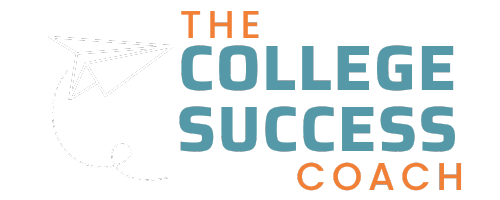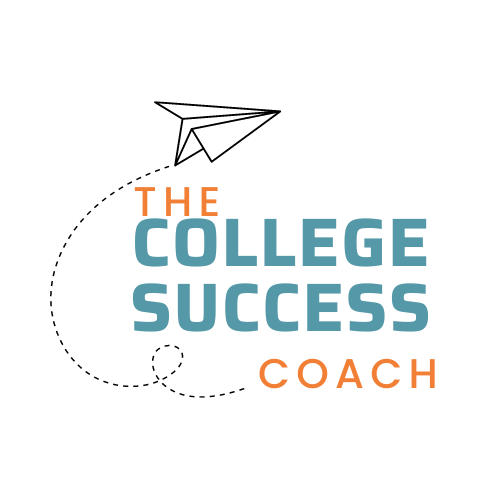In the whirlwind of college life, there’s often an intense focus on choosing the “right” college major. Many students feel pressured to select a major that aligns with their career aspirations or promises financial stability. While it’s true that certain professions, like medicine and engineering, require specific academic paths, the reality is that for many other careers, your major doesn’t matter as much as you might think. Instead, what truly matters is your ability to learn how to learn and to develop the skills necessary to thrive in an ever-changing world. In this article, we’ll explore why your major is just one piece of the puzzle and why the journey of becoming an adult in college is far more important.
The Myth of the “Perfect” Major
Let’s debunk a common misconception: there’s no such thing as a “perfect” college major. The reality is that most people don’t end up working in a field directly related to their undergraduate major. According to research by the Federal Reserve Bank of New York, only 27% of college graduates work in a field directly related to their major. This statistic highlights the fact that your major doesn’t necessarily dictate your career path.
Transferable Skills Are Key
Instead of fixating on your major, focus on developing transferable skills that are valued across various industries. These skills include critical thinking, problem-solving, communication, adaptability, and teamwork. Regardless of your major, honing these skills will serve you well in any career you pursue. Take advantage of opportunities to develop these skills through internships, part-time jobs, extracurricular activities, and coursework outside of your major.
Lifelong Learning is Essential
In today’s rapidly evolving job market, the ability to adapt and learn new skills is more important than ever. Your college years provide a valuable opportunity to cultivate a growth mindset and a lifelong love of learning. Embrace intellectual curiosity and explore diverse subjects, even if they’re outside of your major. Take classes that challenge you and expose you to new ideas, perspectives, and ways of thinking. Remember that learning doesn’t stop when you graduate—it’s a lifelong journey.
College is About More Than Just Academics
While academics are undoubtedly important, college is also a time for personal growth, self-discovery, and building life skills. Take advantage of the resources and support services available on campus to explore your interests, pursue your passions, and develop as a well-rounded individual. Get involved in campus organizations, volunteer in your community, study abroad, or take on leadership roles—these experiences will shape you in ways that extend far beyond the classroom.
Networking and Building Relationships
One of the most valuable aspects of college is the opportunity to network and build relationships with peers, professors, alumni, and professionals in your field of interest. These connections can open doors to internships, job opportunities, mentorship, and invaluable advice. Attend career fairs, networking events, guest lectures, and alumni gatherings to expand your network and learn from others’ experiences.
Embrace Failure and Resilience
College is also a time for experimentation and taking risks. Don’t be afraid to try new things, even if they lead to failure or setbacks along the way. Embrace failure as an opportunity for growth and resilience. Learn from your mistakes, adapt, and keep moving forward. Remember that setbacks are a natural part of the learning process and can ultimately lead to greater success in the long run.
Conclusion: Embrace the Journey
Your college major is just one aspect of your college experience and it certainly doesn’t define your future. Instead of fixating on your major, focus on developing transferable skills, cultivating a growth mindset, and embracing the journey of becoming an adult in college. Remember that your college years are a time for exploration, self-discovery, and personal growth. By approaching college with an open mind and a willingness to learn, you’ll be well-equipped to thrive in whatever path you choose after graduation. So, don’t stress too much about your major—focus on learning how to learn and becoming the best version of yourself along the way.
And if you’d like a fully invested guide to help you succeed in college and in your adult life, consider signing up for the College Success Program. It’s a 6-12 month Life Coaching program with your very own college success coach fully dedicated to you. We help hundreds of students succeed not only academically, but personally and professionally too through 1-on-1 coaching, free resources on health, happiness, and success, and a dedicated text line so you can reach out to your coach when you need them! But spots are limited so sign up today.
If you found this article helpful, you might like some of our other resources on Getting Ready for College like this post: College Orientation: Your Ultimate Guide to Starting Strong

College Major doesn’t matter






0 Comments
Trackbacks/Pingbacks